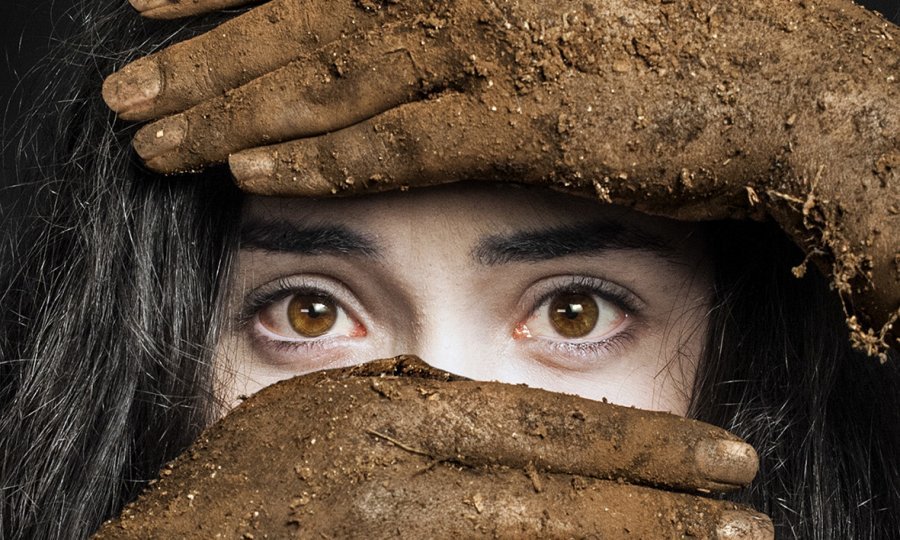
Dir.: Nebojsa Slijepcevic; Documentary with Oliver Frljic; Croatia 2018, 70 min.
Director/writer/DoP Nebojsa Slijepcevic (Gangster of Love) explores peer violence towards children of different nationalities in Croatia, and examines how the generation born after the war copes with the dark shadows of history.
The documentary is set in a Zagreb theatre, during the rehearsals of a play called Aleksandra Zec where the star turn is a Serbian girl who was murdered together with her whole family in 1991, just before the outbreak of war between Serbia and Croatia after the implosion of Yugoslavia. The murder of Aleksandra Zec and her family was an act of social cleansing, and Frljic wanted to show how the wounds of the war are still influencing daily life, not only in Croatia. One actor asks: “Do I become a Serb, because I am in a play about a murdered Serbian girl?” During the rehearsal and on the eve of the premiere, right-wing protesters threatened the director and his girl friend with violence. They were holding up placards saying “Why not a play about the 86 kids of Vukovar”, who were killed during a bombing raid in the civil war. Frljic wanted to detach actors from the play itself, so he let all of them talk about their feelings about the play and the Civil War. Four 12-year old girls – the same age as Aleksandra when she was killed – were also taking part in the play. They too were asked about their feelings, and some of them comment about their fear of Roma – “because when they break their arm, it heals quicker than ours, or “they are like lizards, when they lose a tail, it grows back quickly.”
Their role in the play is to ask the dead girl about her feelings towards her assailants. One of the girls has nightmares after rehearsals, she dreams about killing her sister and taking her organs out. They all admit to bullying Roma children at school. One of girl reports, that a class mate of her did not go to Catholic RE, and was called a Jew. One of the quartet, Nina Batanic, is actually Serbian, she has hidden this from her classmates, particularly from the boy who sits next to her and told her “I like to kill all Serbians, cutting their throat with my teeth”. But Nina is so brave she admits at the evening of the premiere that she is Serbian. After the play is over the camera follows her lingering on the way home.
Even after 25 years, the war is still the central issue. The fear of “the other” is kept alive by right-wing Nationalists, who see anybody who is not Croatian as an enemy. The trauma lets the violence simmer permanent under the surface. Frljic and Slijepcevic see their project as therapeutic, hoping, that when questions about nationality and minorities are brought to the surface, the resentment of ‘others’ might be reduced. But the four girls are living proof, how long the way to anything like a reconciliation still is. Srbenka is brave, but leaves little hope for the future – and that goes for the whole of Europe. AS
SCREENING AT MARRAKECH FILM FESTIVAL 2018 | WINNER OF SARAJEVO FILM FESTIVAL 2018 | | SCREENING DURING DOC LEIPZIG.